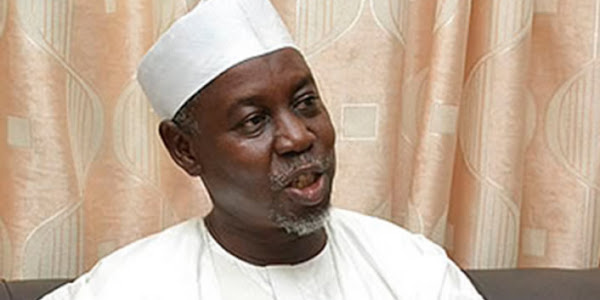The Coalition of Associations for Leadership, Peace, Empowerment and Development (CALPED) and the Anvil Research Centre (ARC) have advocated for local solution to curb the effect of climate change.

The groups made the call in a communique issued at the end of a one-day engagement of non-state actors in accelerating Sustainable Development Goals (SDGs) and climate change, held in Kaduna.
The communiqué was signed by Mr Dangwa Danjuma of CALPED and Mr Sule Majindadi of Ungwan Na’maigero Community and made available to the News Agency of Nigeria (NAN) in Kaduna on Monday.
“There is low awareness about SDGs and climate change in communities, especially on how individual actions contribute to environmental degradation and associated impact of climate change.
“Local communities need to know that indiscriminate waste disposal is among actions that expose the environment to more degradation.
“There is also the need to create more awareness around the SDGs and human activities that adversely predispose the environment to degradation.
“There is, therefore, the need to strengthen non-state actor’s capacity to identify, create and implement local solutions and actions, to curb the causes of climate change,” It said.
The communique observed that the absence of vegetative cover was a major problem that had predisposed the environment to further degradation and other impacts of climate change.
It identified afforestation and agroforestry as the major entry points to combat climate change and its impact on the environment, adding that non-state must support the government in planting trees.
According to the communique, local communities have identified the overdependence on wood energy for cooking, which is responsible for large scale deforestation.
“The Communities agreed to commence sensitisation on the SDGs and the need to support government in curbing environmental degradation to curb climate change.
“Communities also pledged commitment to initiate a tree planting project to re-green the environment and called on government to provide the seedlings.”
The groups advised that non-governmental organisations and community-based groups should foster robust partnerships with critical stakeholders, especially at community levels, to create awareness and encourage participation of individuals at the grassroots to play critical roles in accelerating SDGs.
Participants at the events include key stakeholders drawn from traditional institution, smallholder farmers, women and youth leaders in Ungwan Na’maigero community, Chikun local government area in Kaduna state.
Also, at the event were civil society organisations, environmentalists and media.
By Philip Yatai
